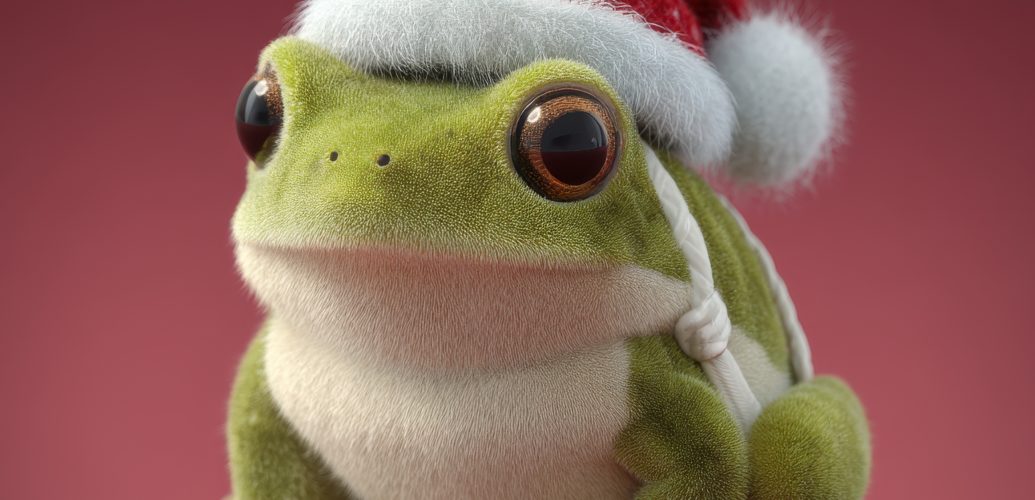EN
DE
NL
In a previous role, our company’s social media strategy seemed to have a singular star: a stuffed frog. This frog, in various festive outfits—a Christmas hat, a bunny costume, a tiny summer hat—was the face of our brand. It was whimsical, sure, but it was also a prime example of something I see far too often: a company prioritizing surface-level charm over real, valuable communication.
My view has always been that communication can and should be entertaining, but it must also be professional and, most importantly, meaningful. We can connect with our audience without relying on mascots in costumes. So, I proposed a new approach: creating content that went beyond the cute and offered real insights—for example, a piece about the culture behind Scrum.
I poured my efforts into this, confident that providing our followers with valuable, thought-provoking content would showcase our expertise and build a deeper connection. The feedback I received, however, was a wake-up call. The article was dismissed as “too esoteric” and potentially “unprofessional.” This message wasn’t even delivered directly; it came through a colleague who served as a mouthpiece for the CEO.
For me, that was the breaking point. It was the moment I realized I needed to work in an environment that values substance and embraces open discussion, rather than one that shuts down good ideas out of fear.
This experience solidified a belief I already held: True transformation isn’t born from playing it safe. It’s built on the courage to communicate authentically. When we hold back for fear of being “too much”—too professional, too intellectual, too real—we fail to create genuine change. We simply trade one superficial approach for another.
The frog in the Santa hat might have been cute, but it couldn’t tell our story or connect with our audience on a human level. Moving forward, I know that success lies not in avoiding the abstract or the “esoteric,” but in embracing it. Because the companies that win are the ones brave enough to have real conversations.
